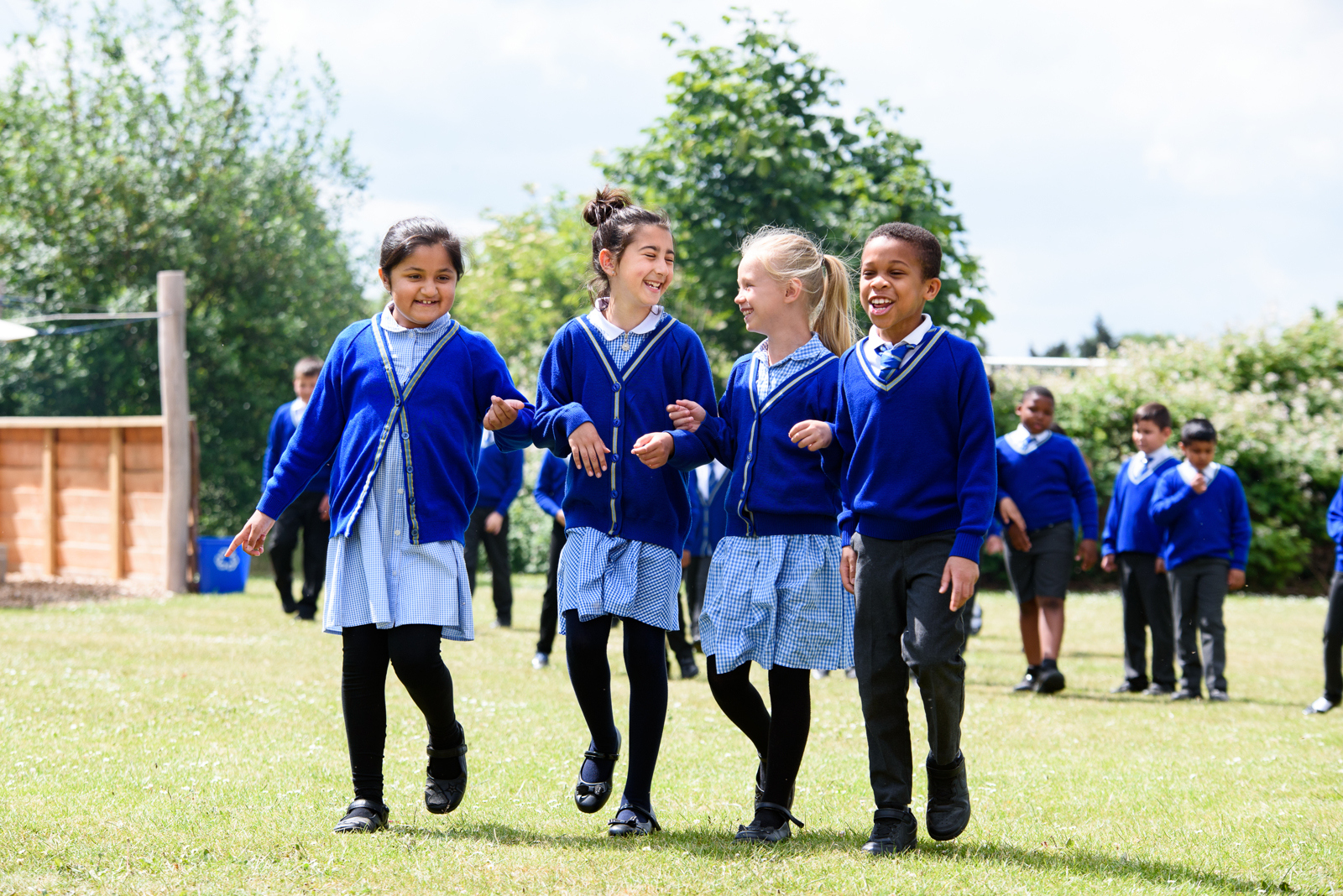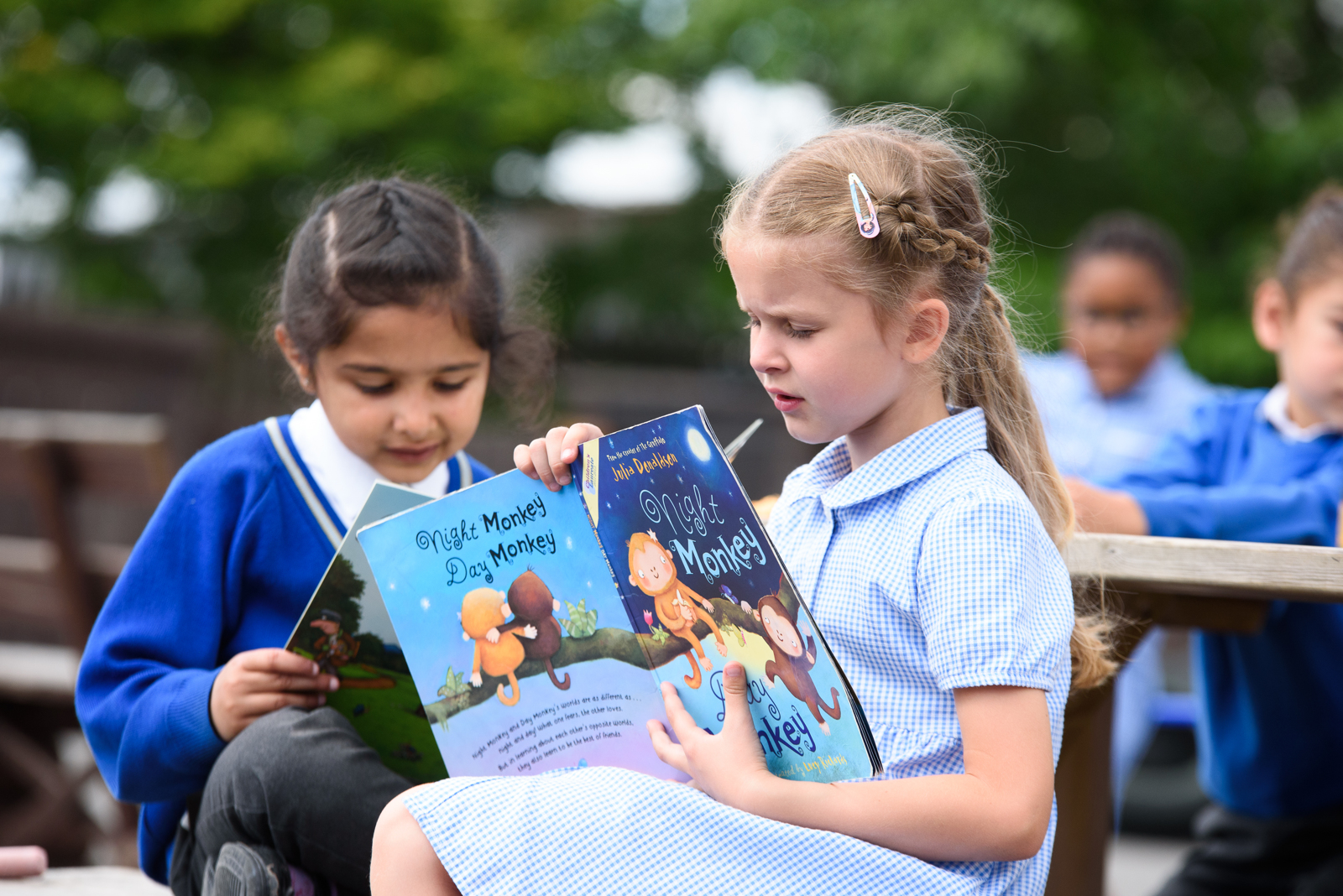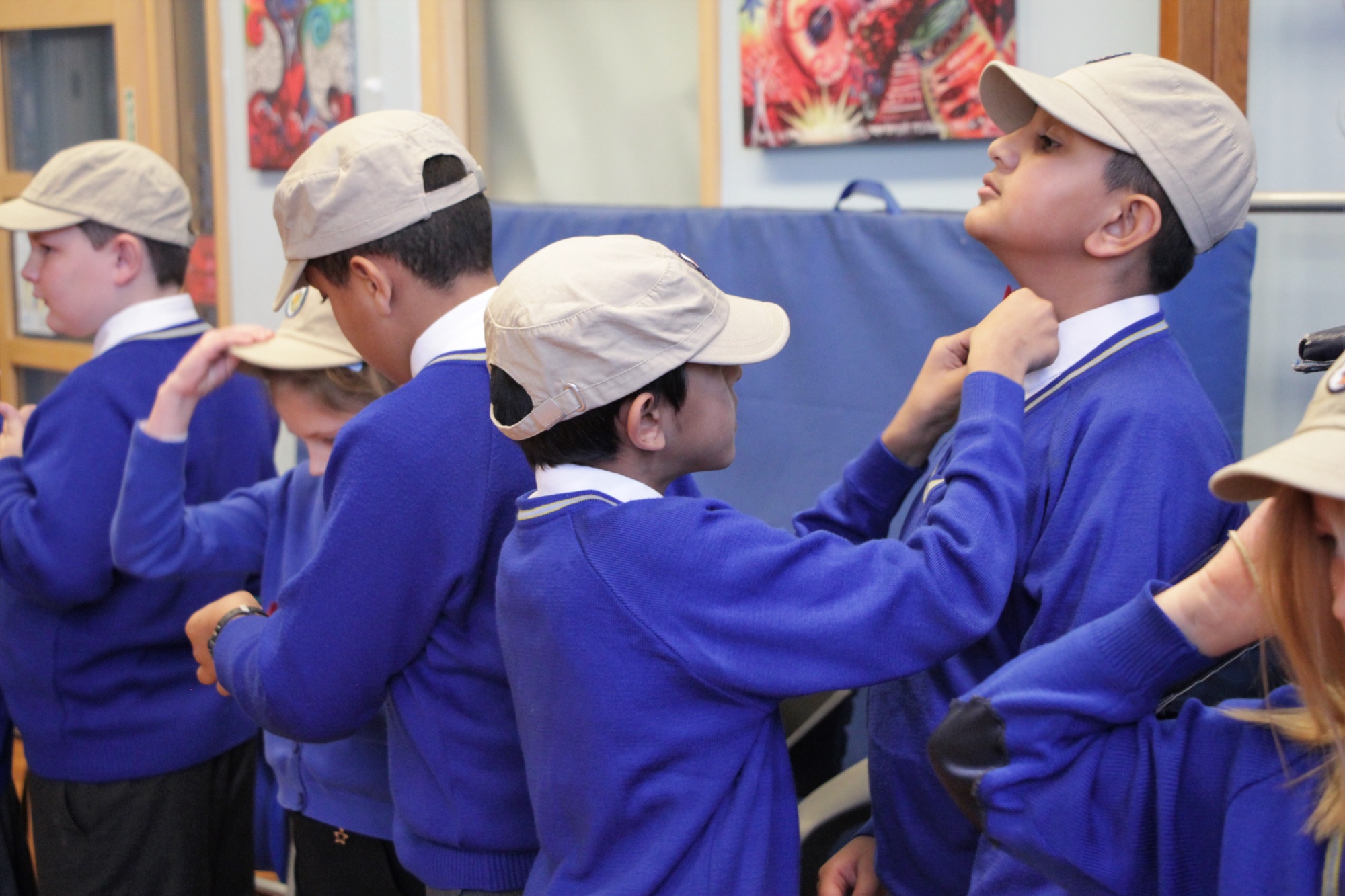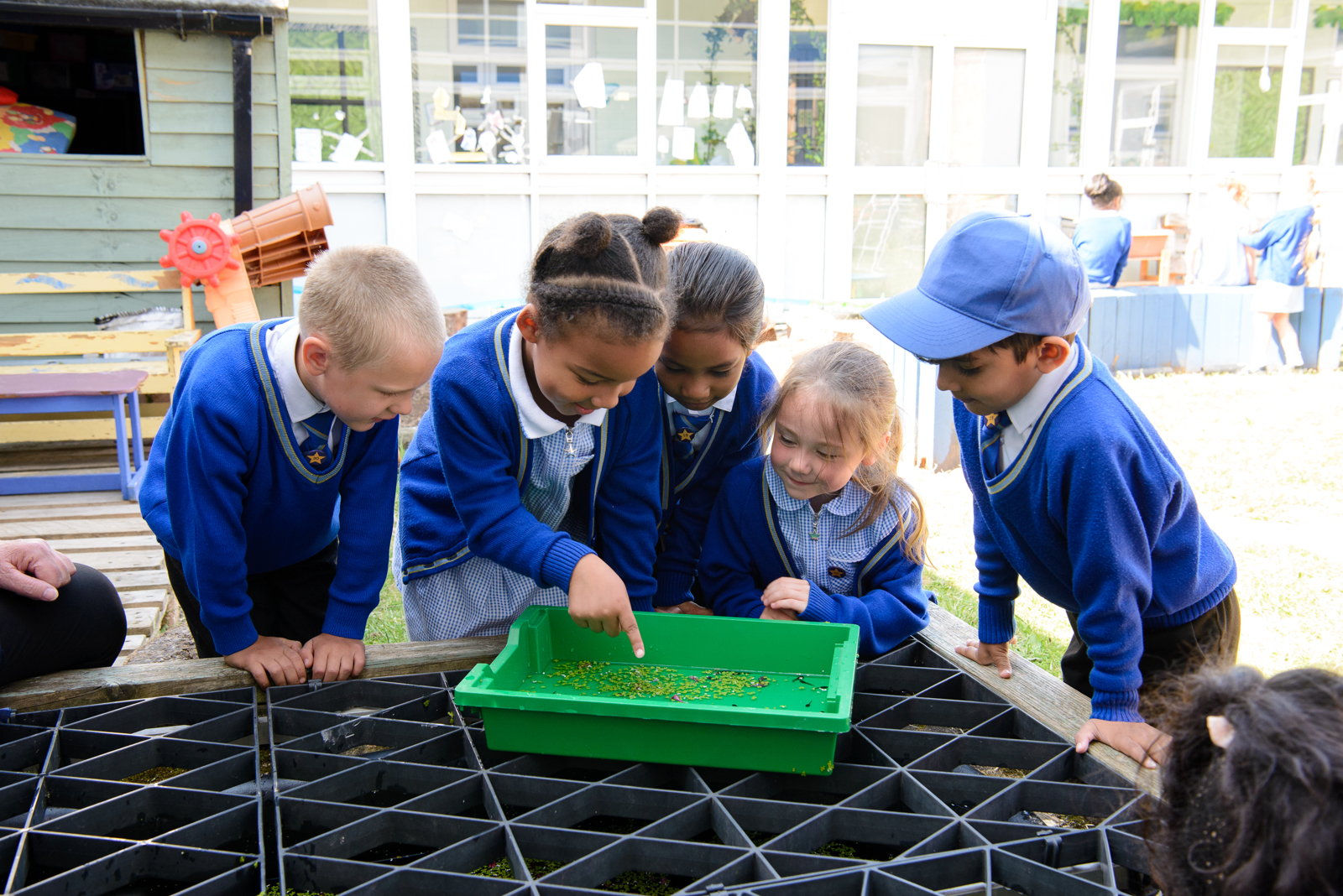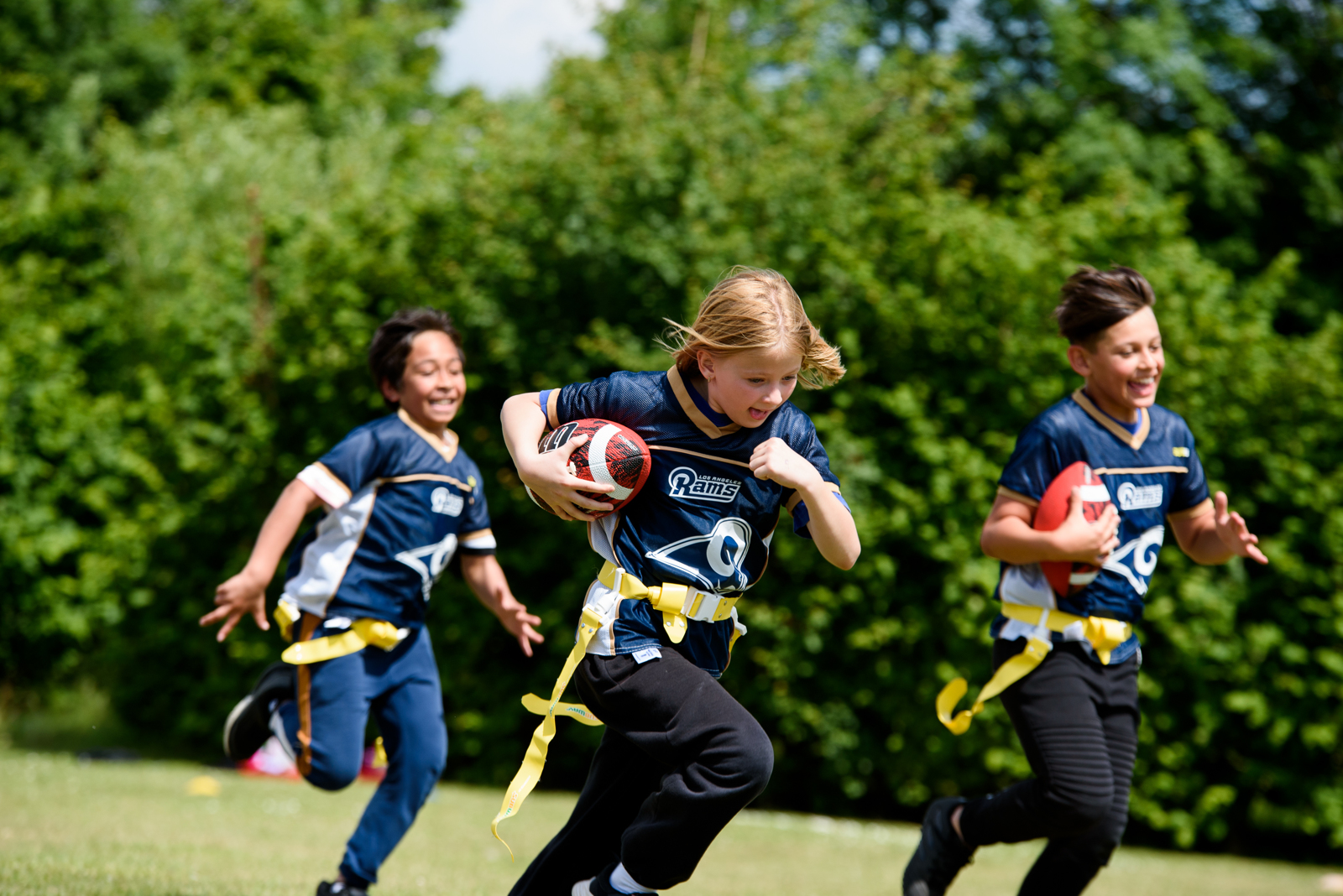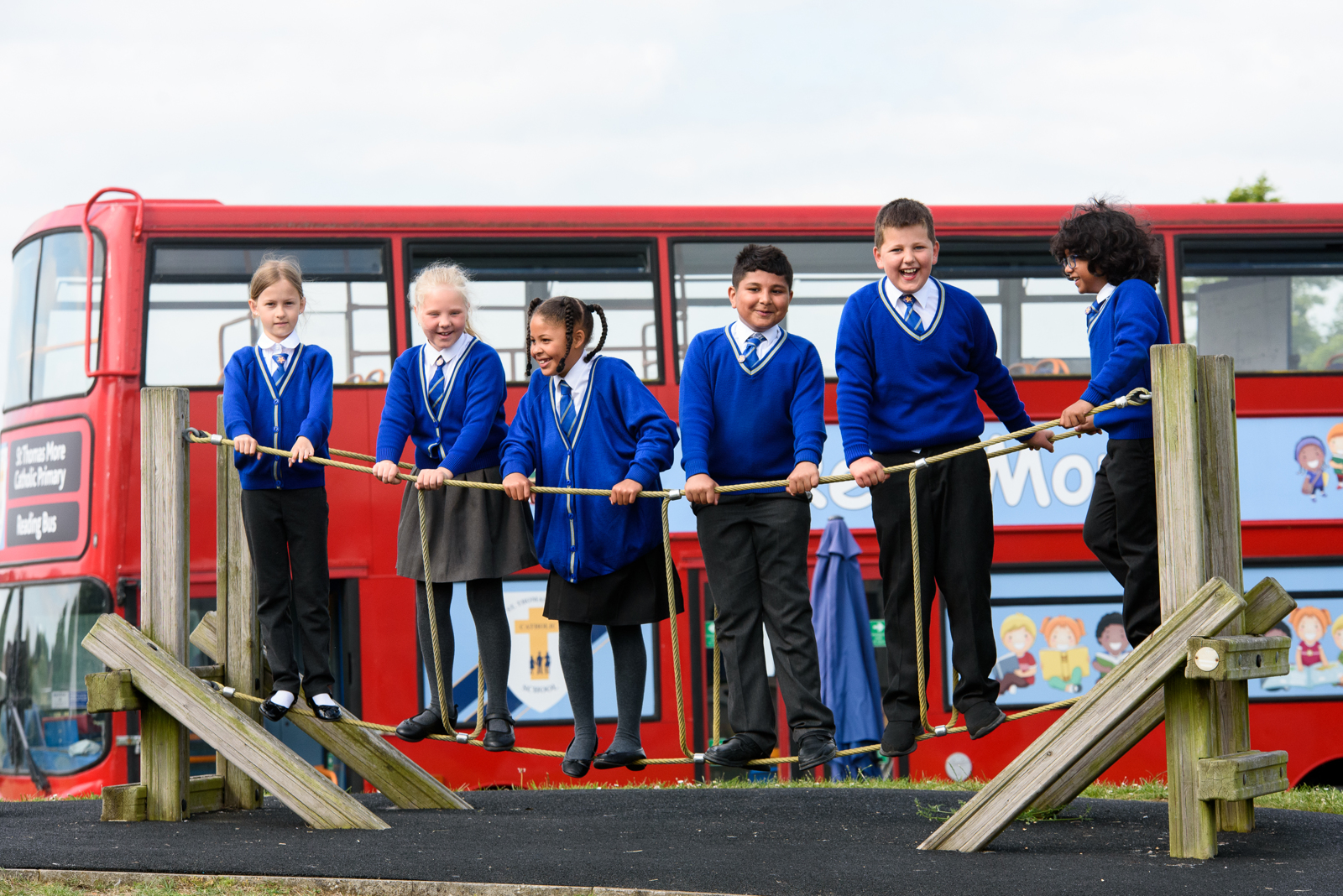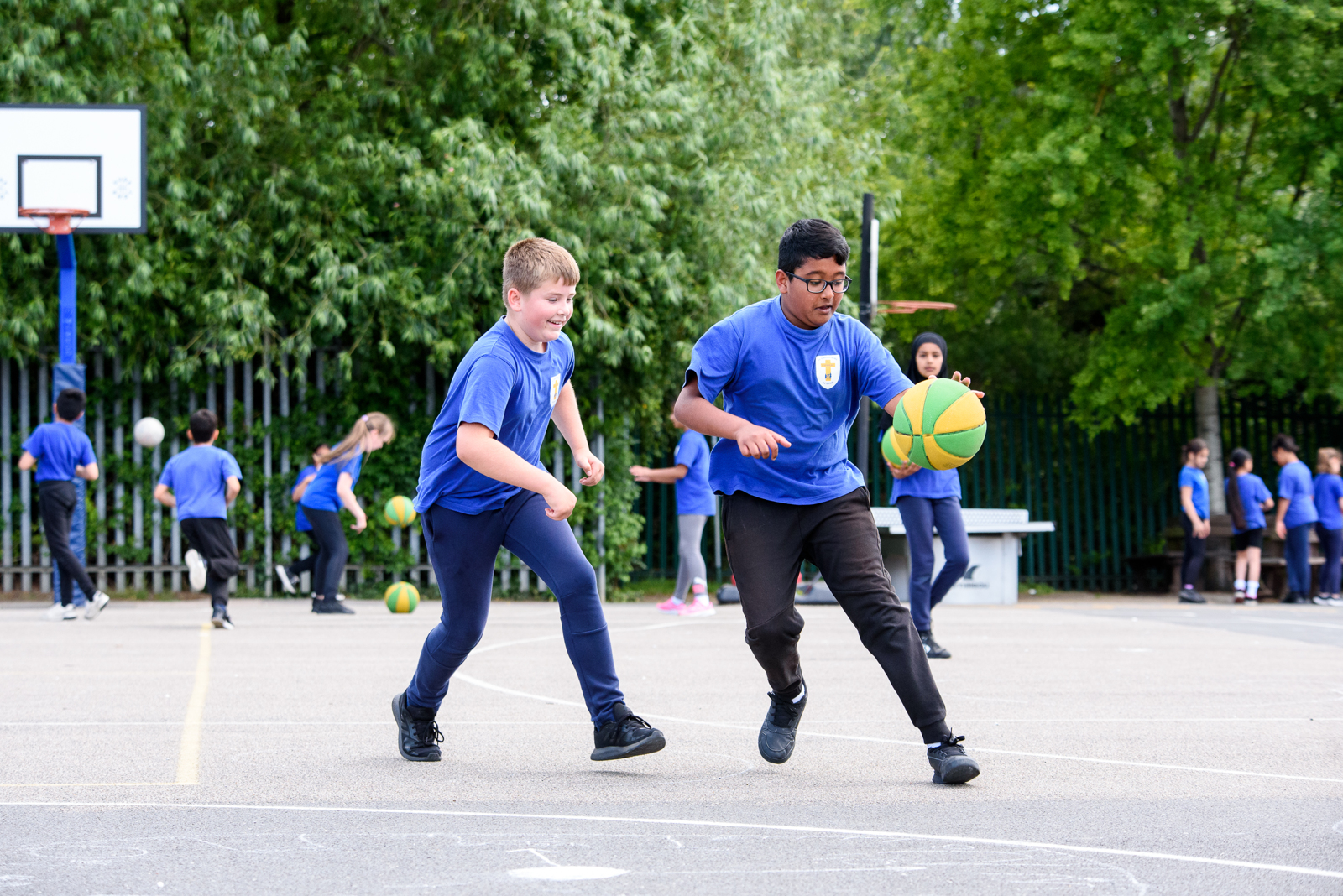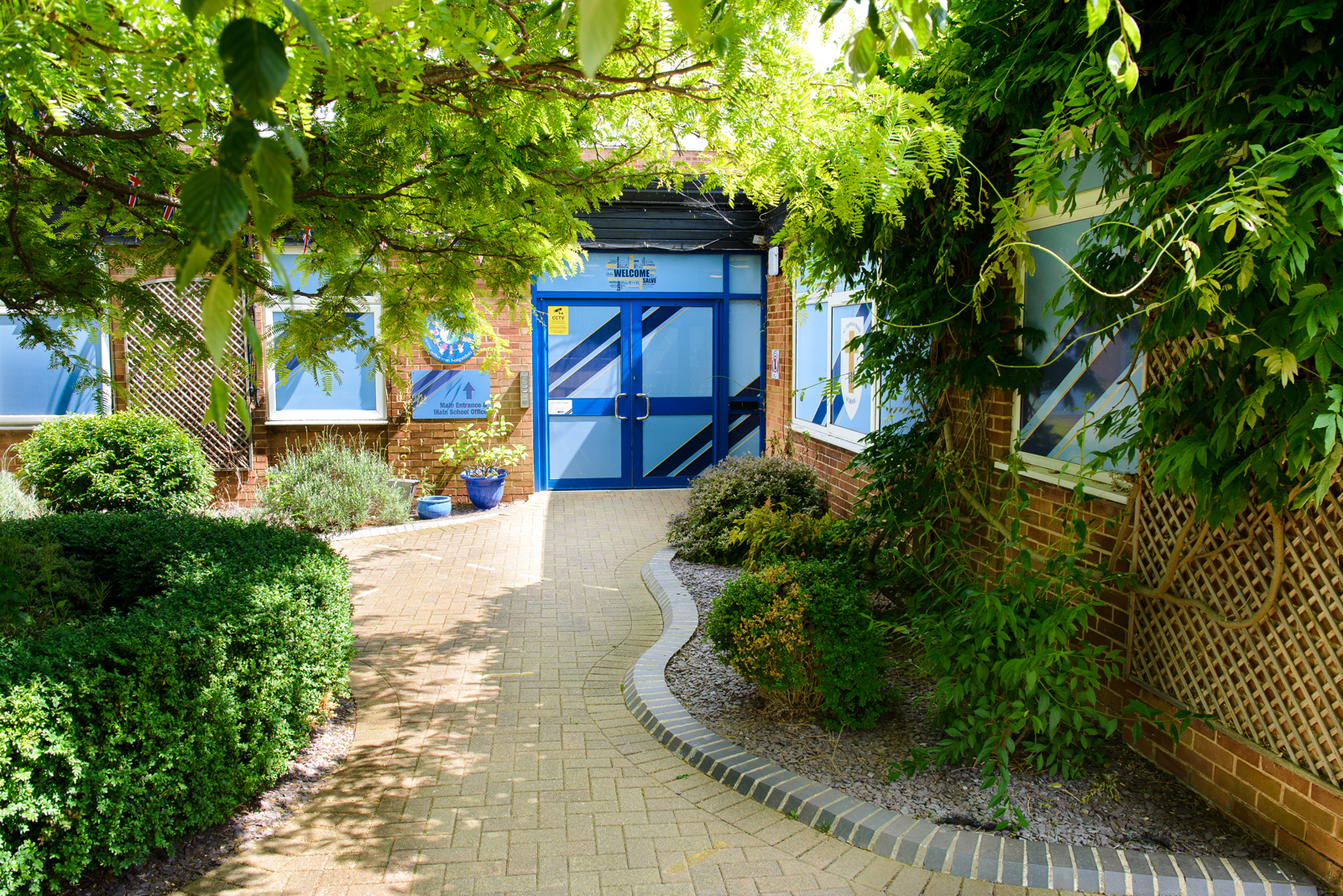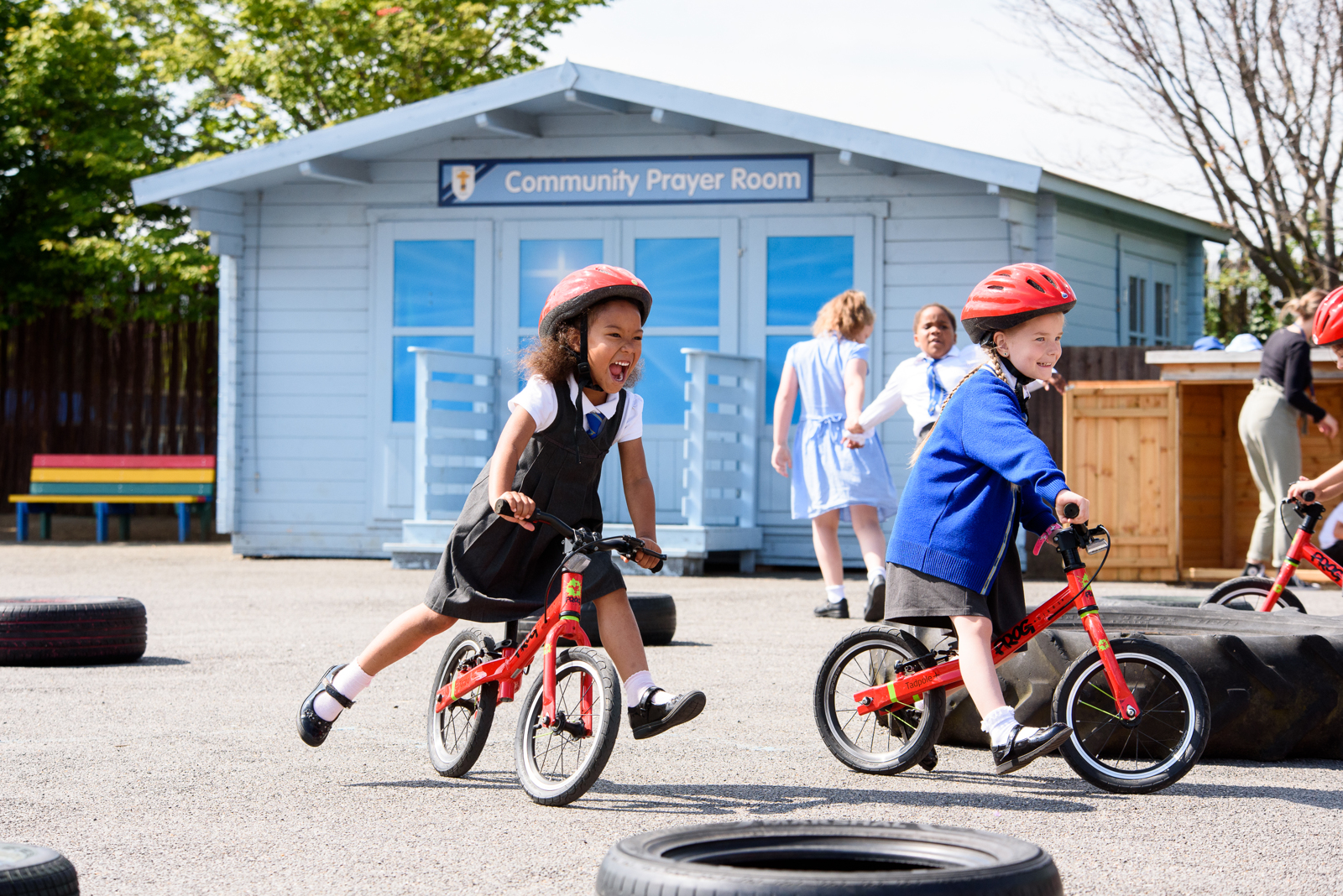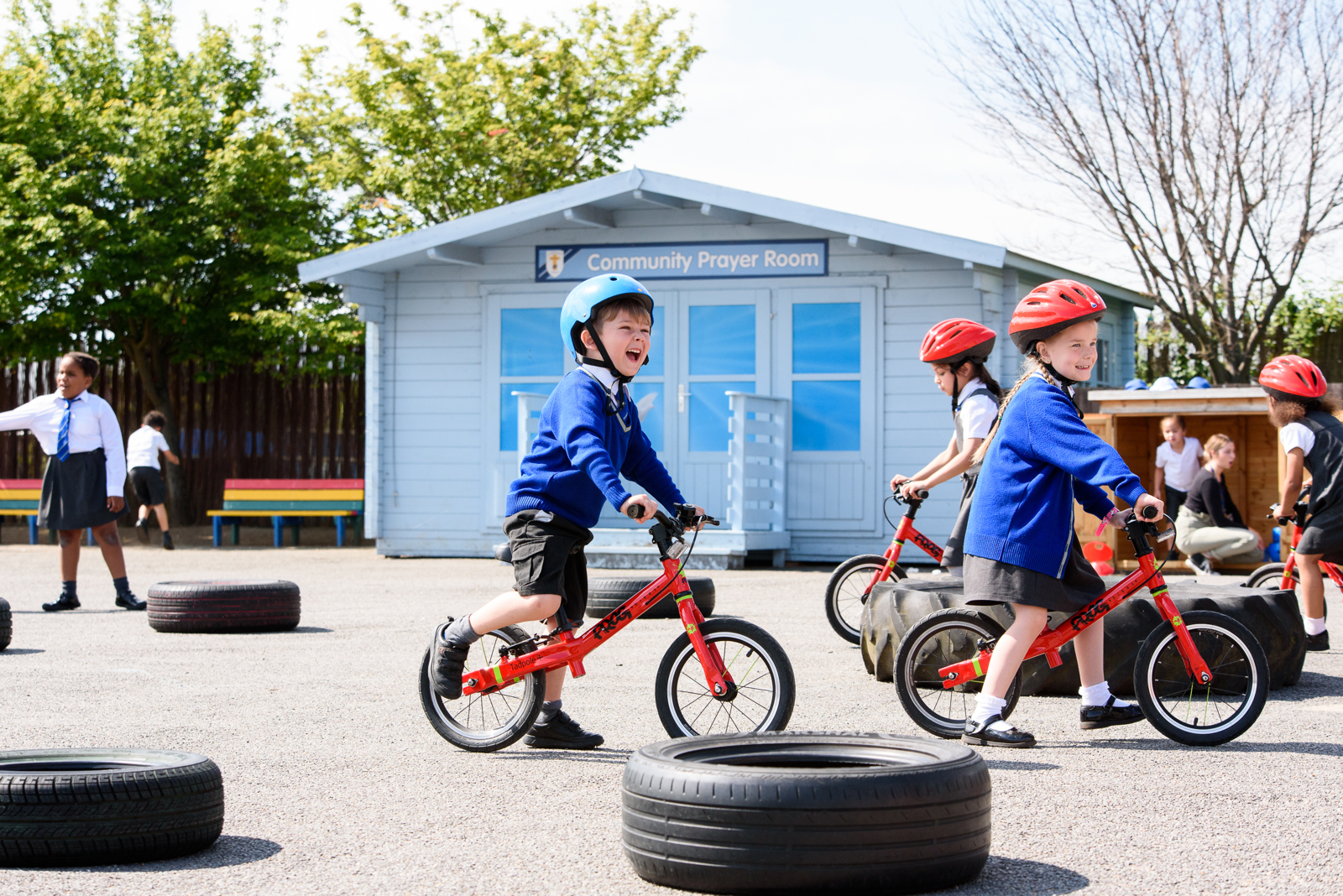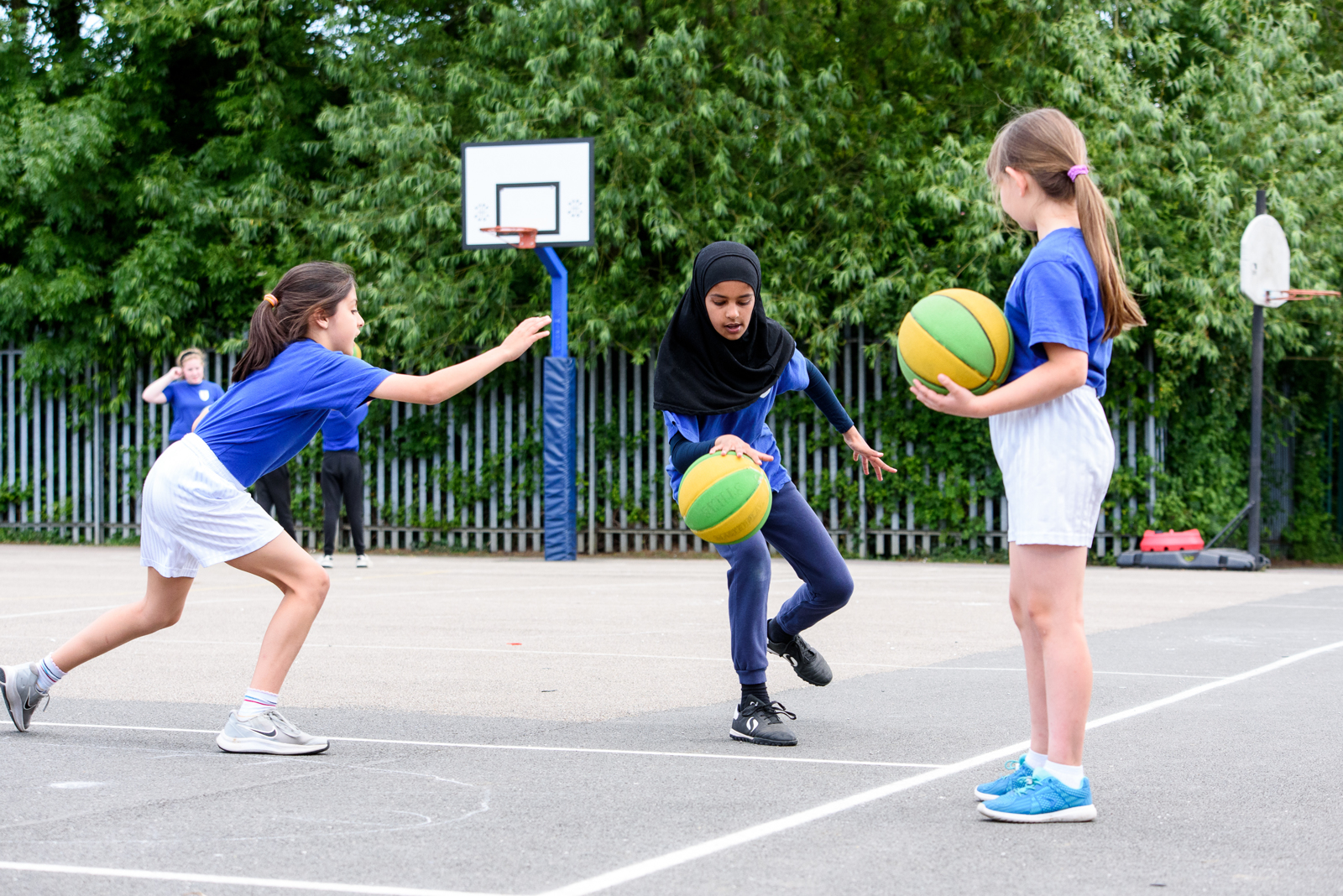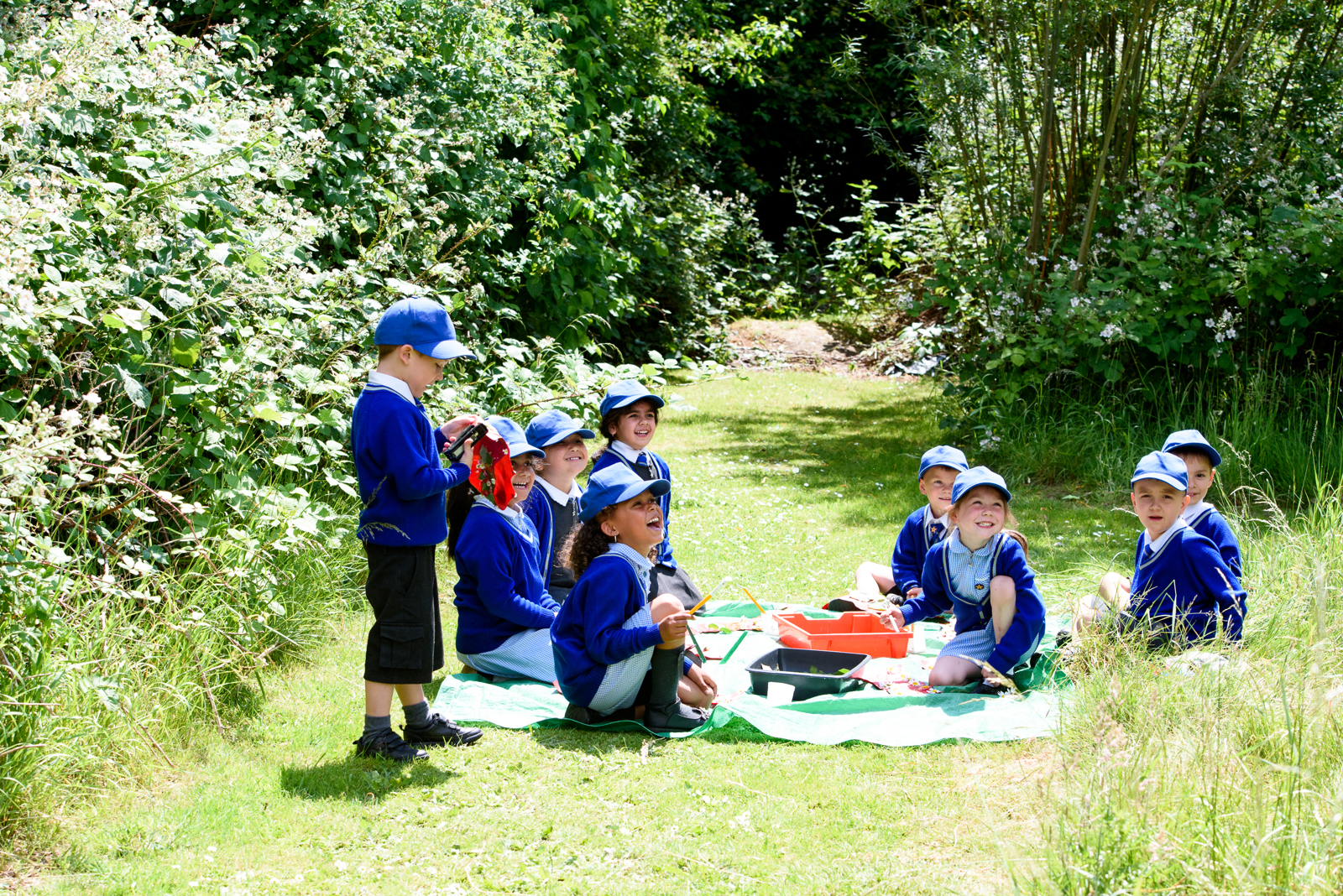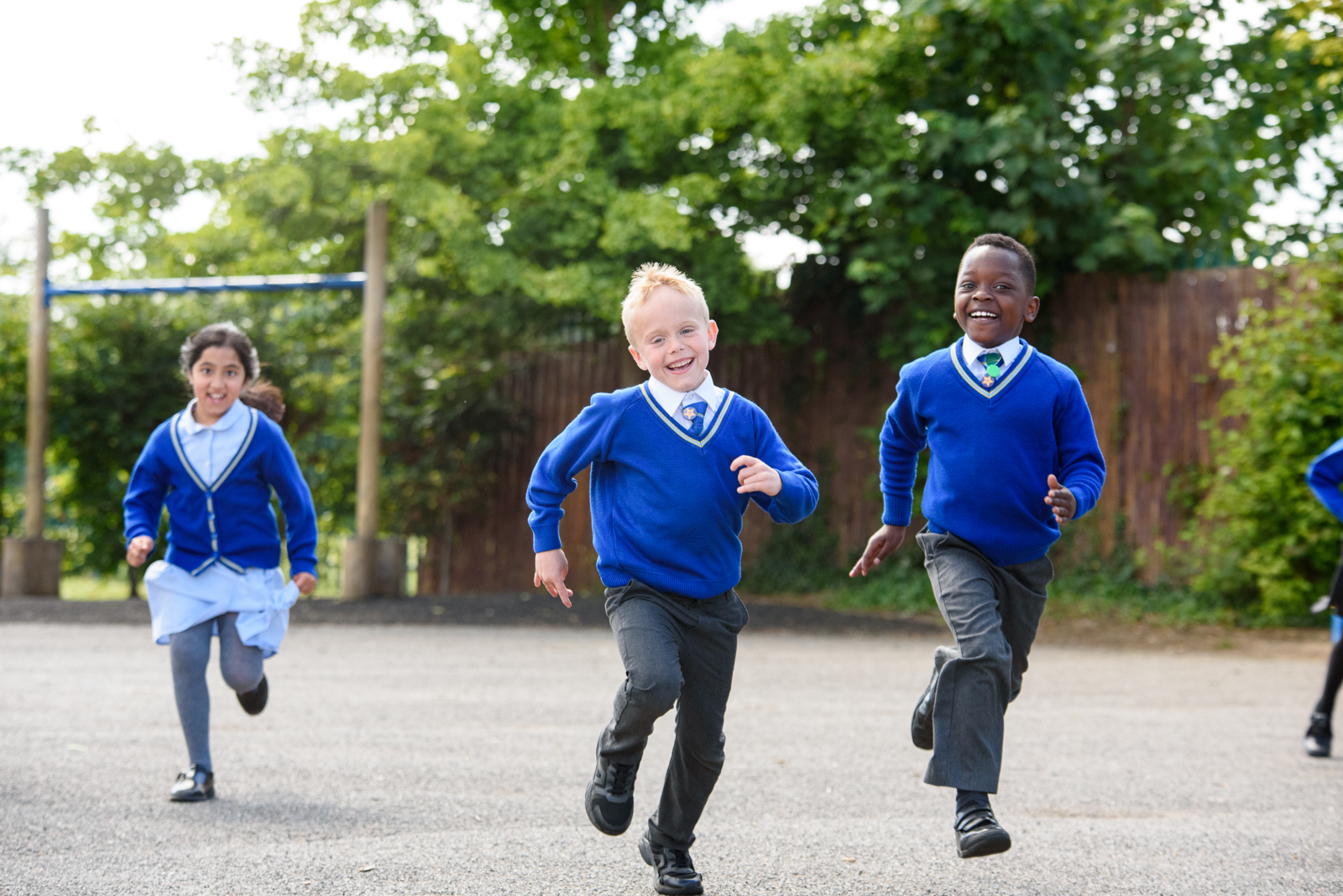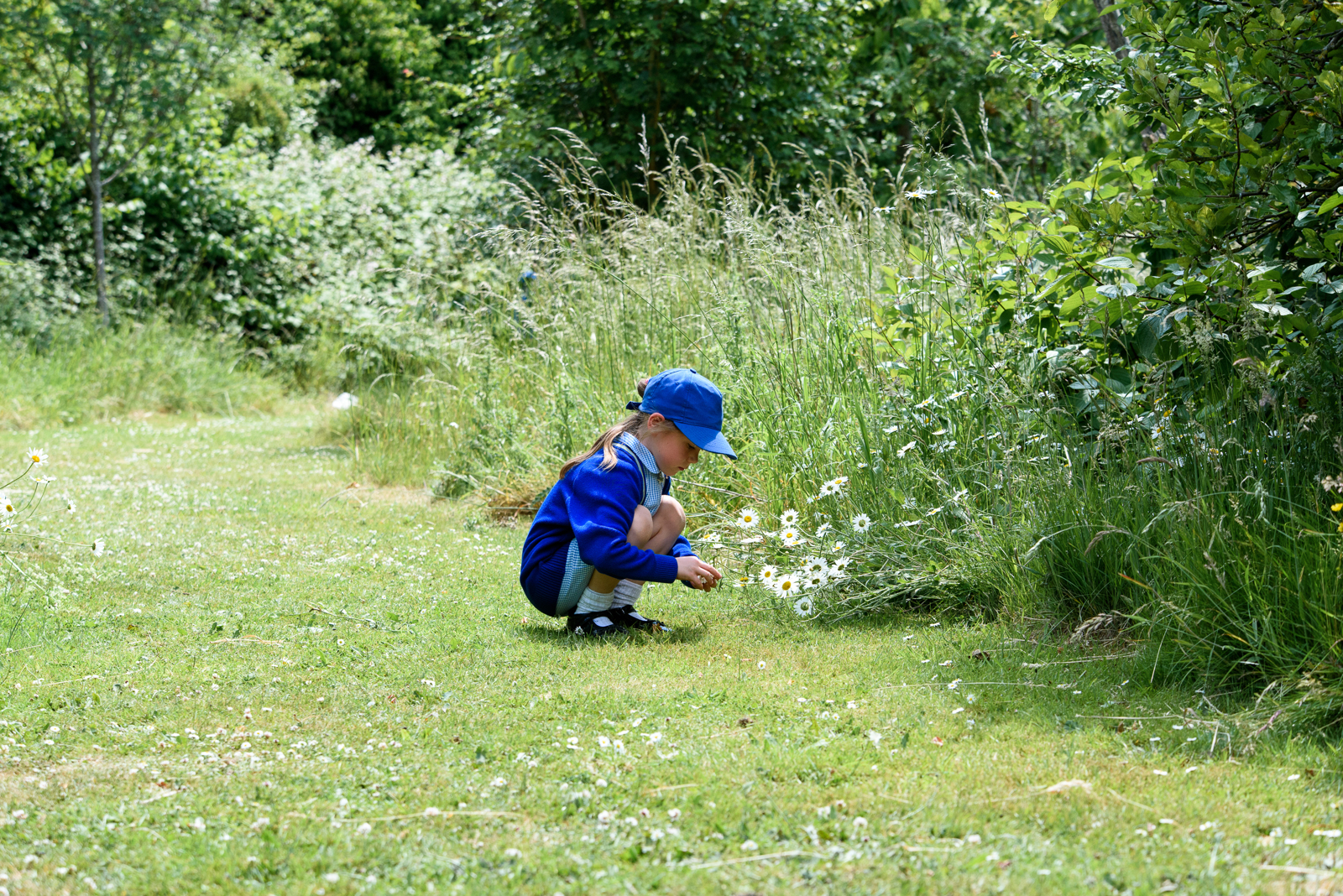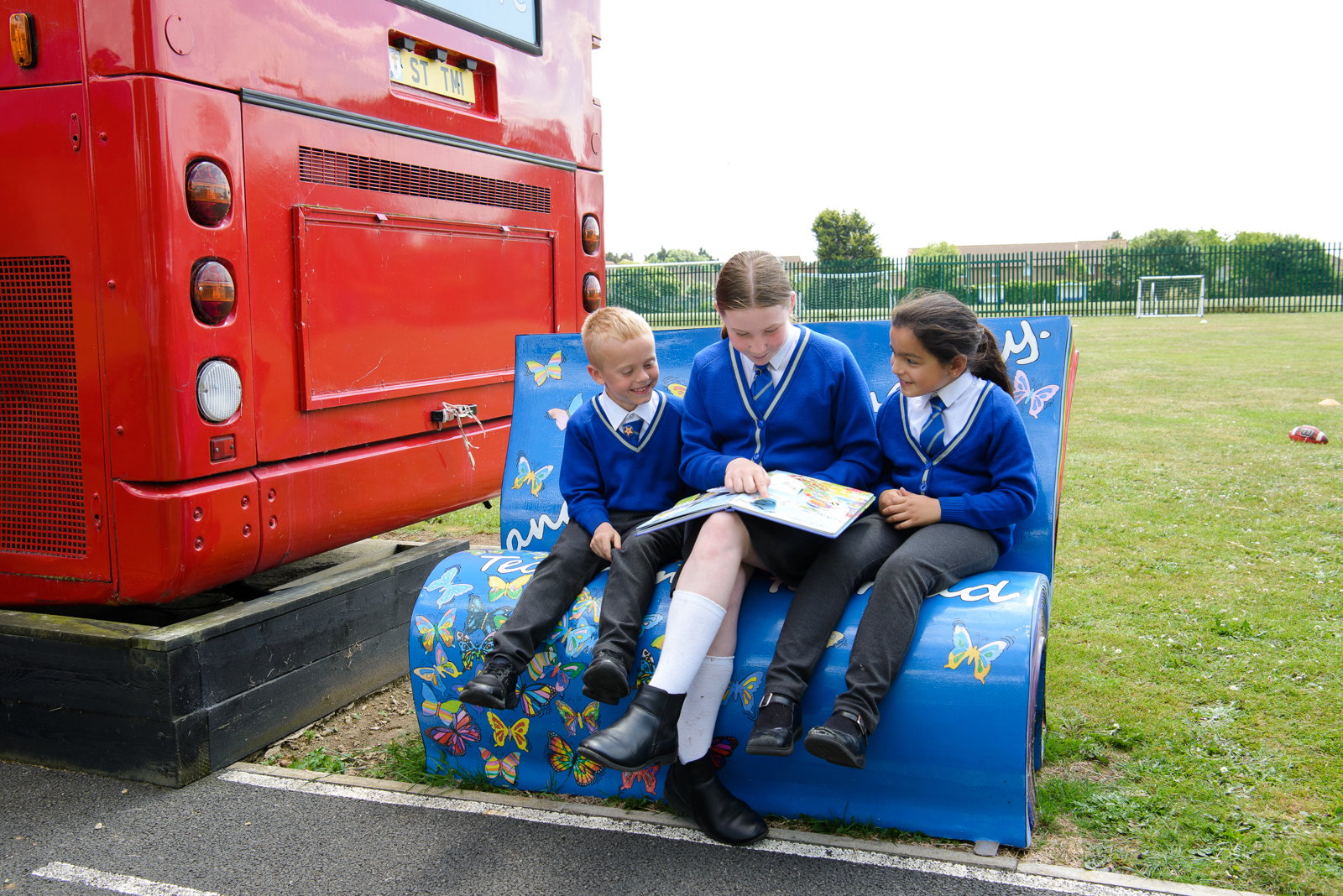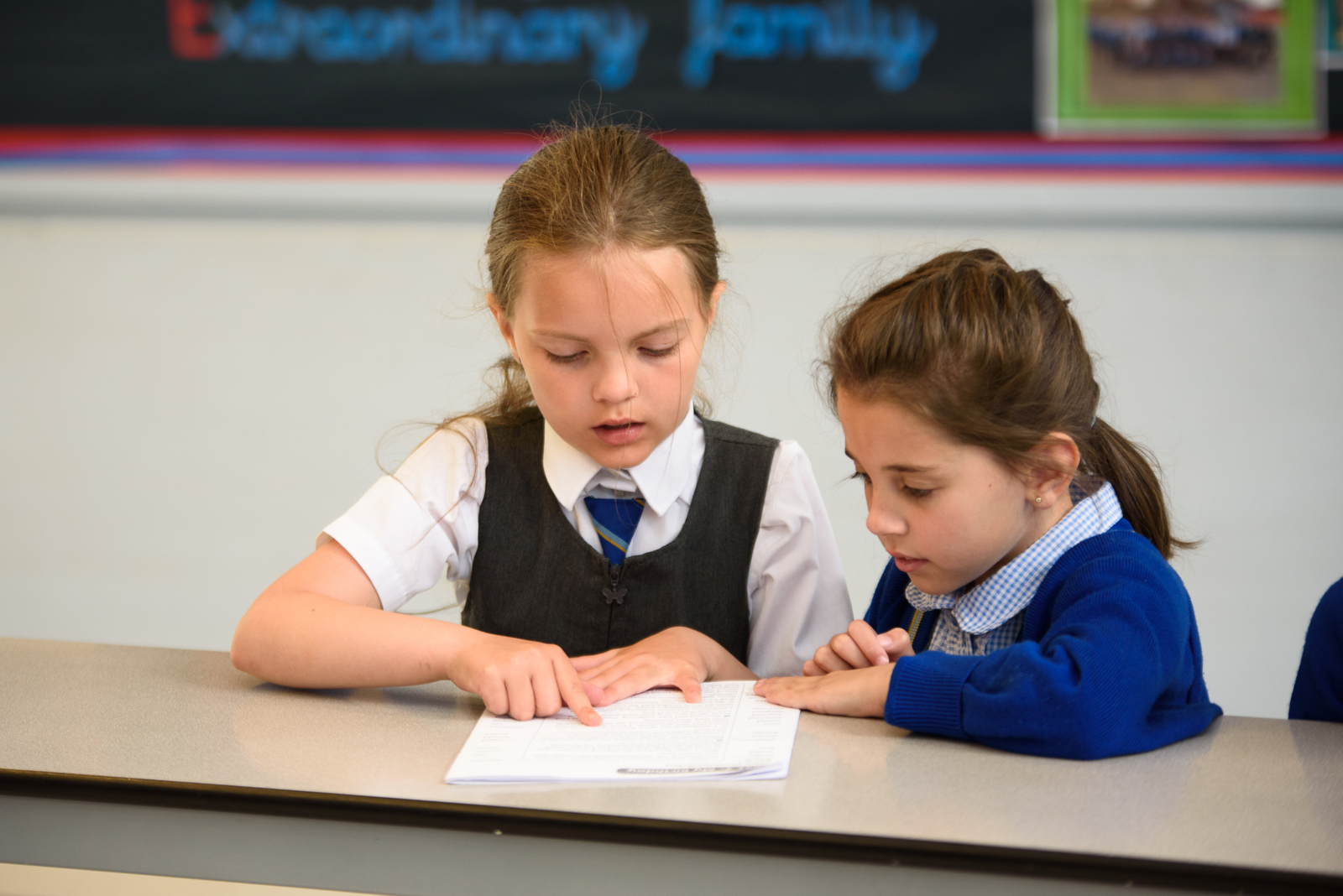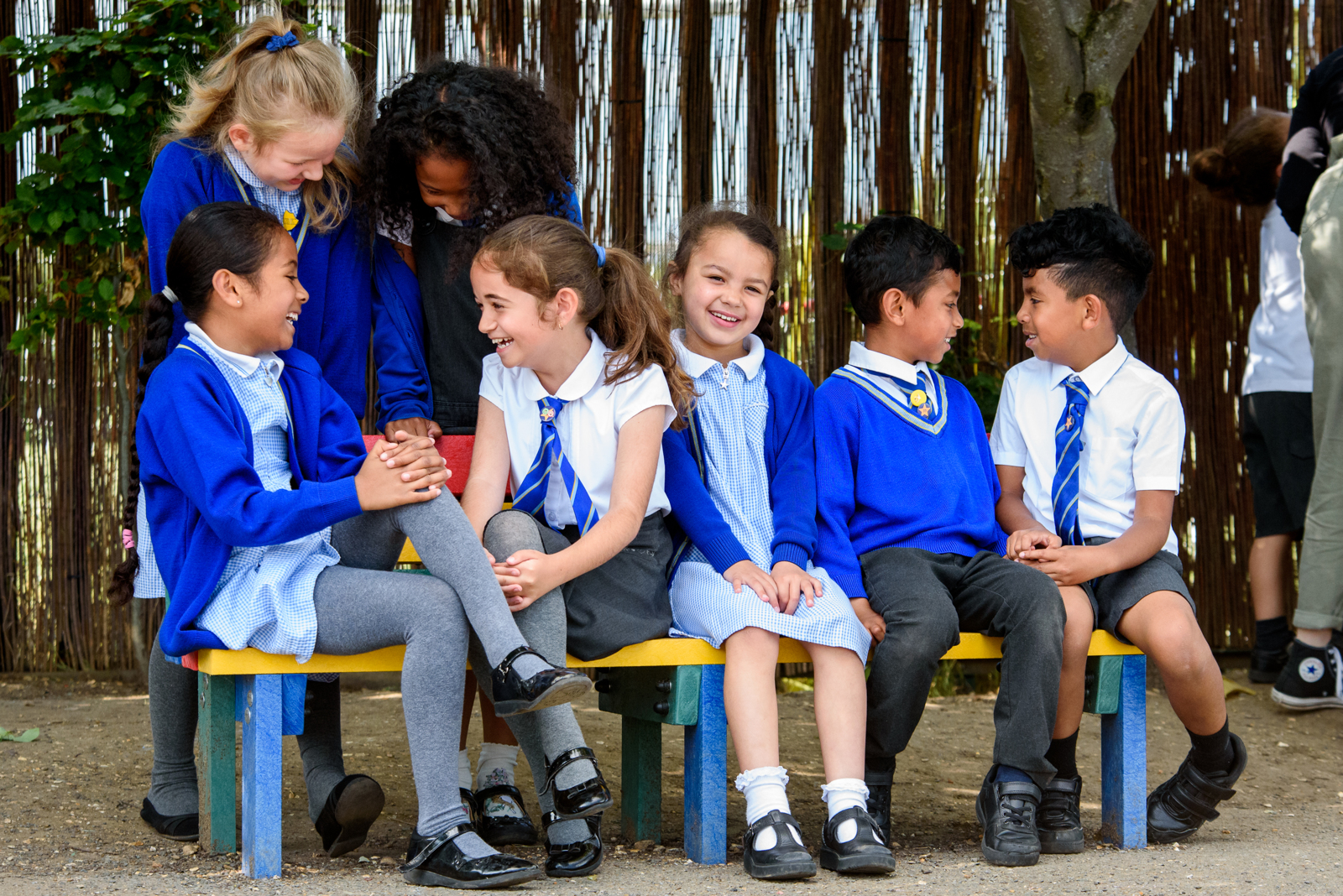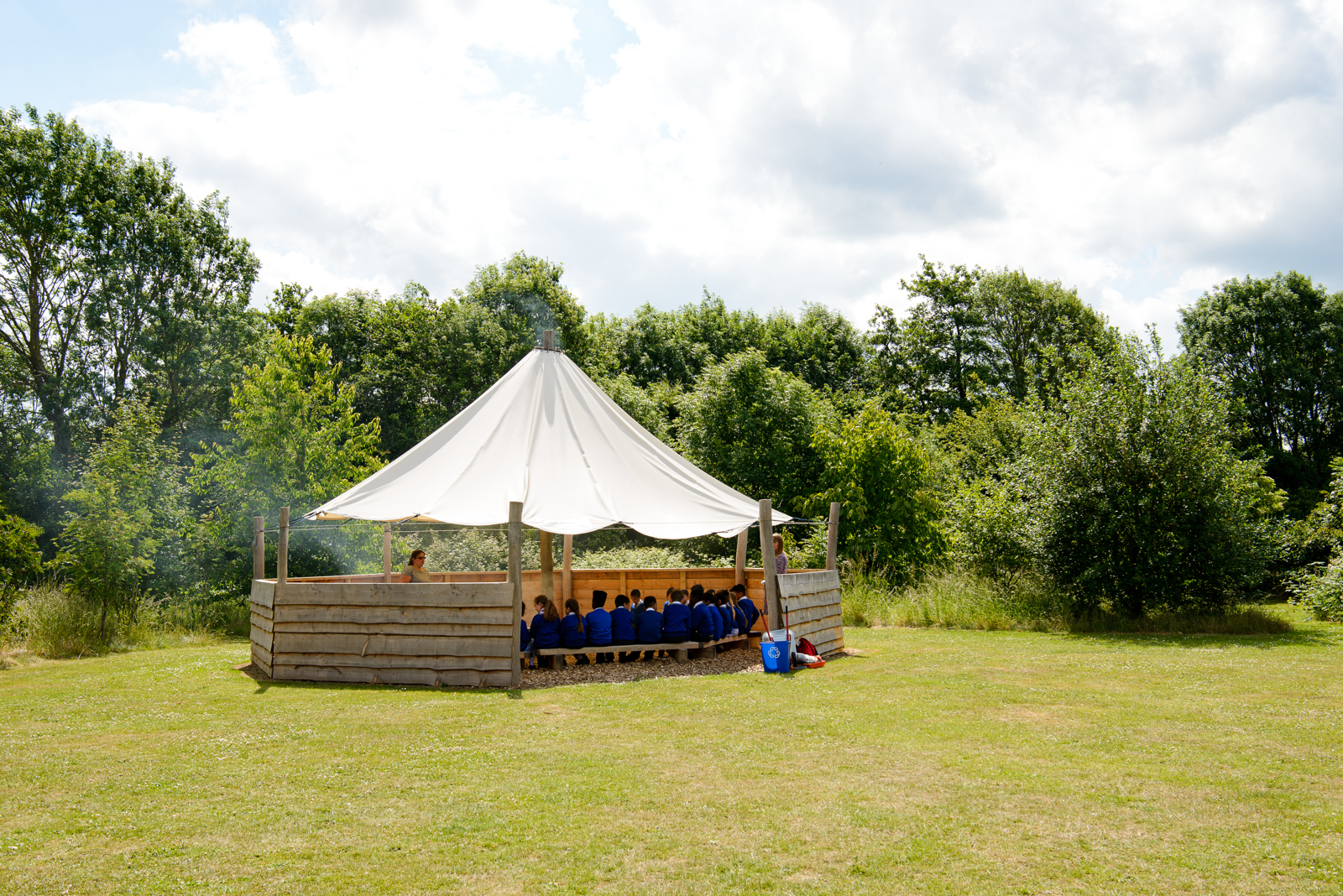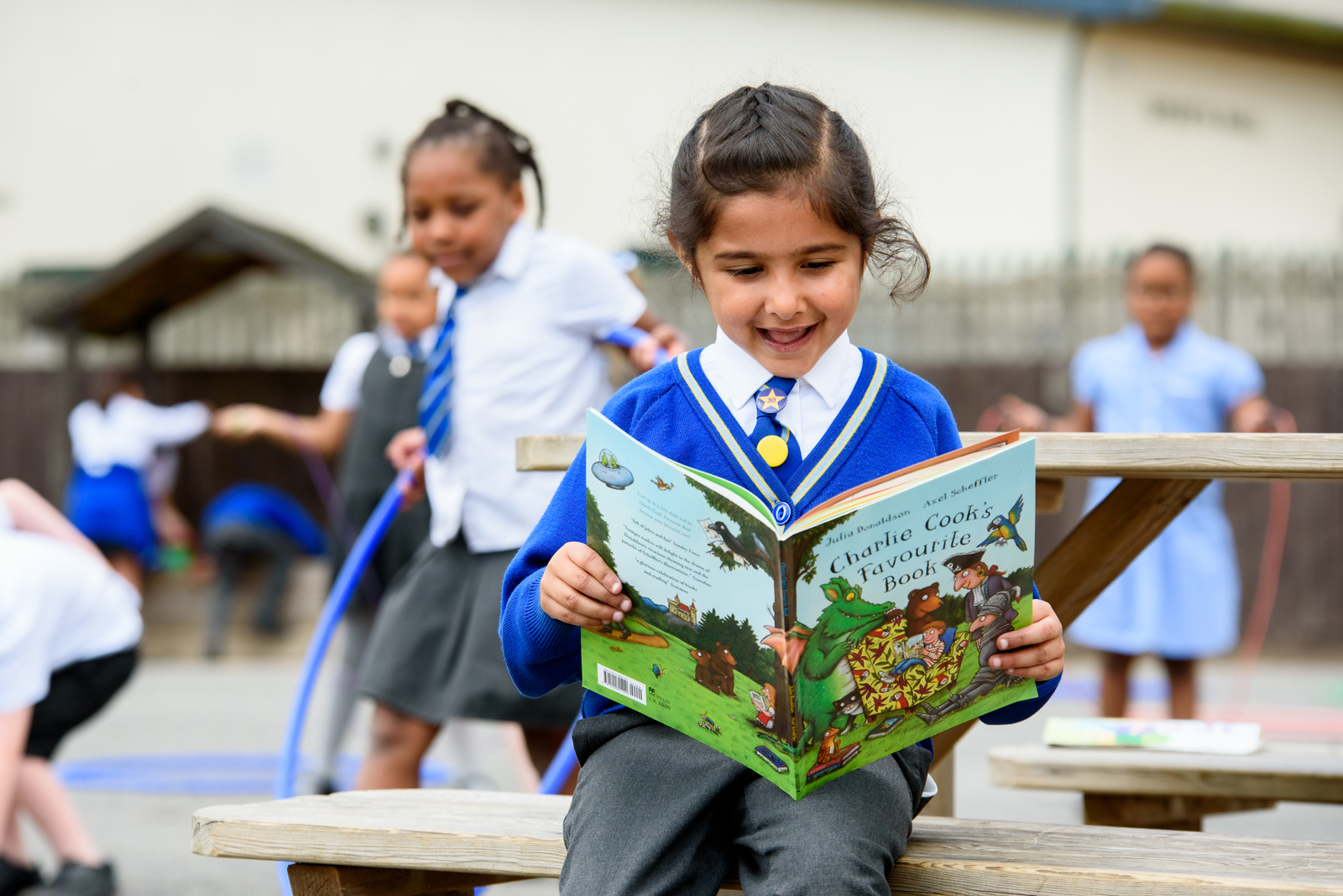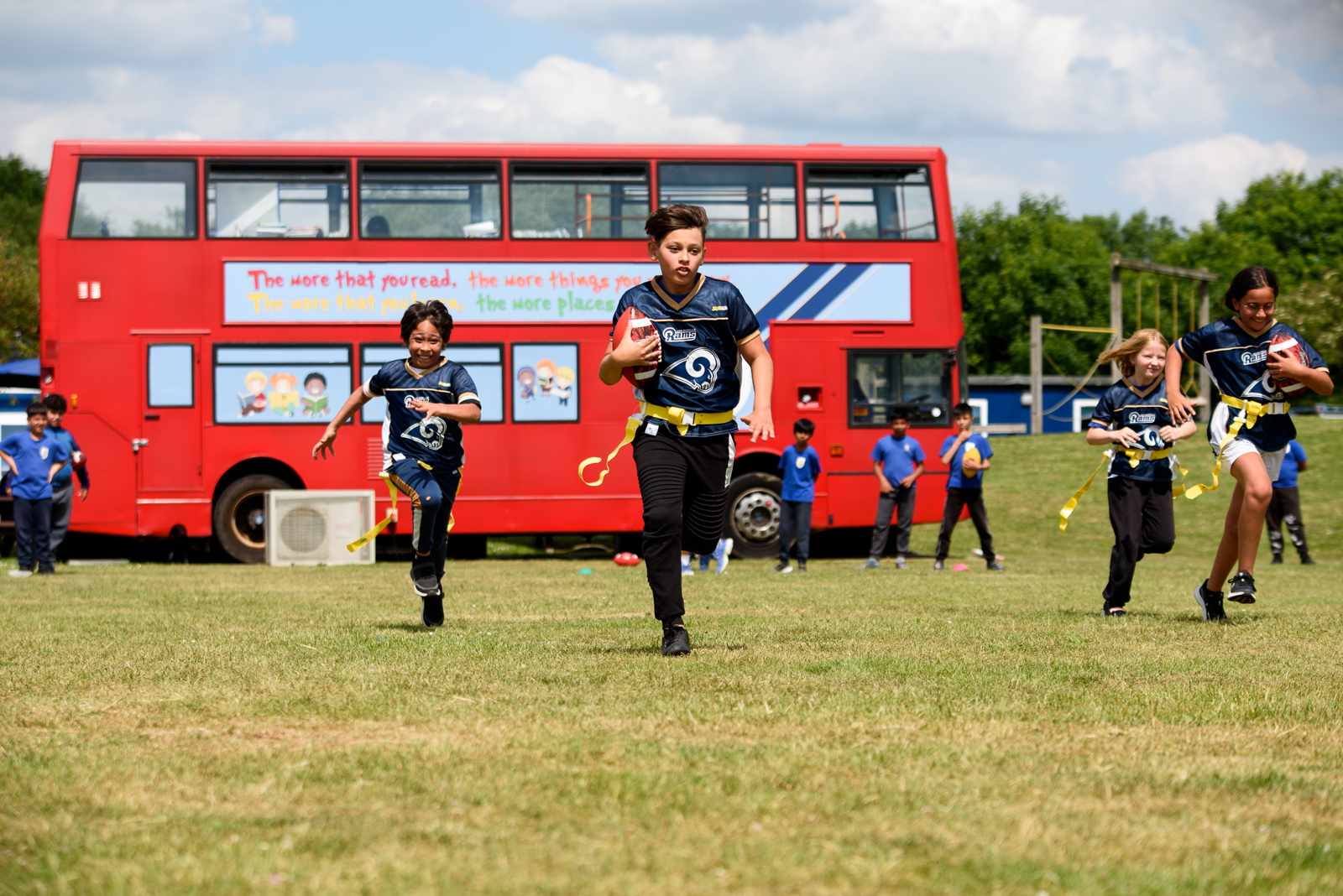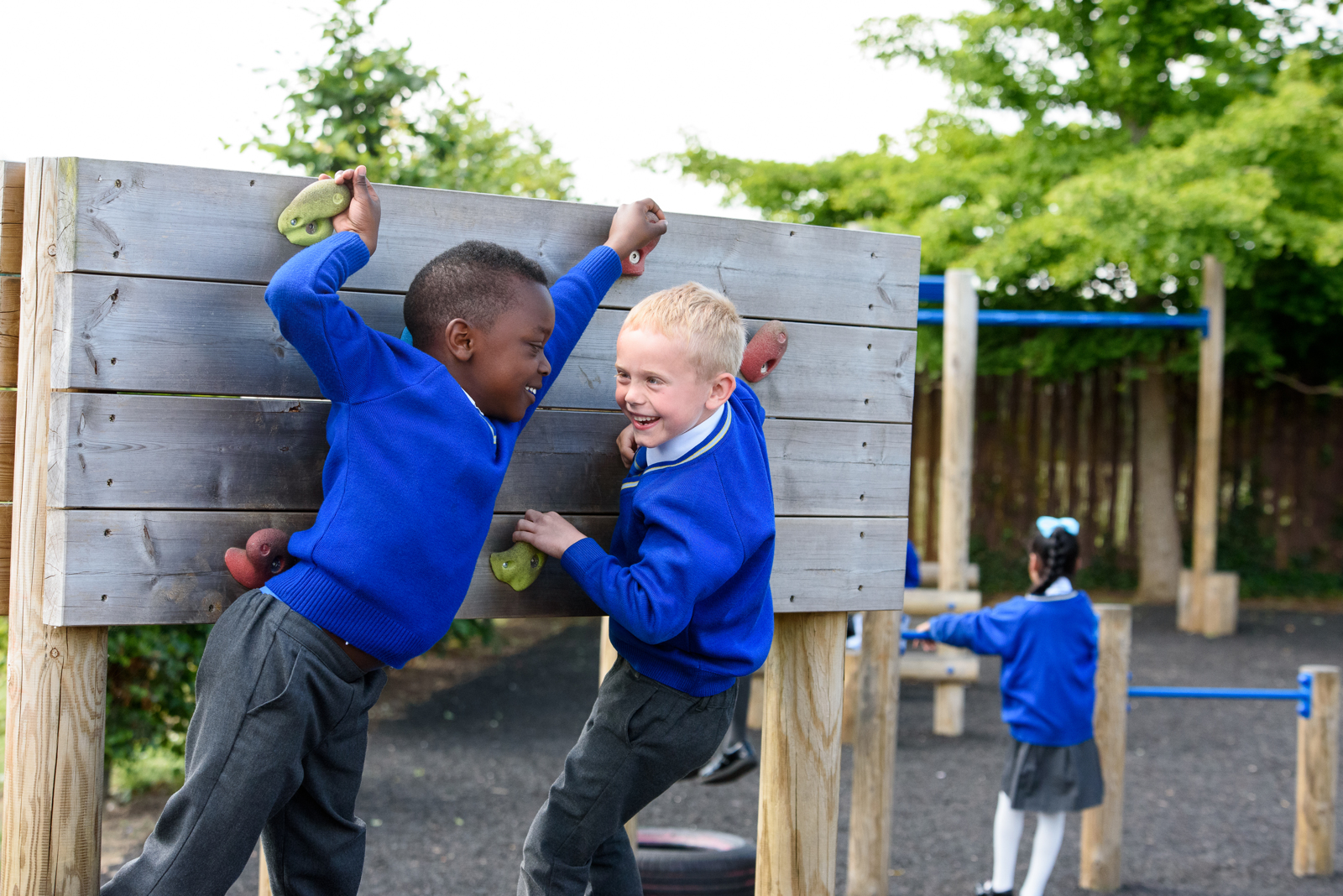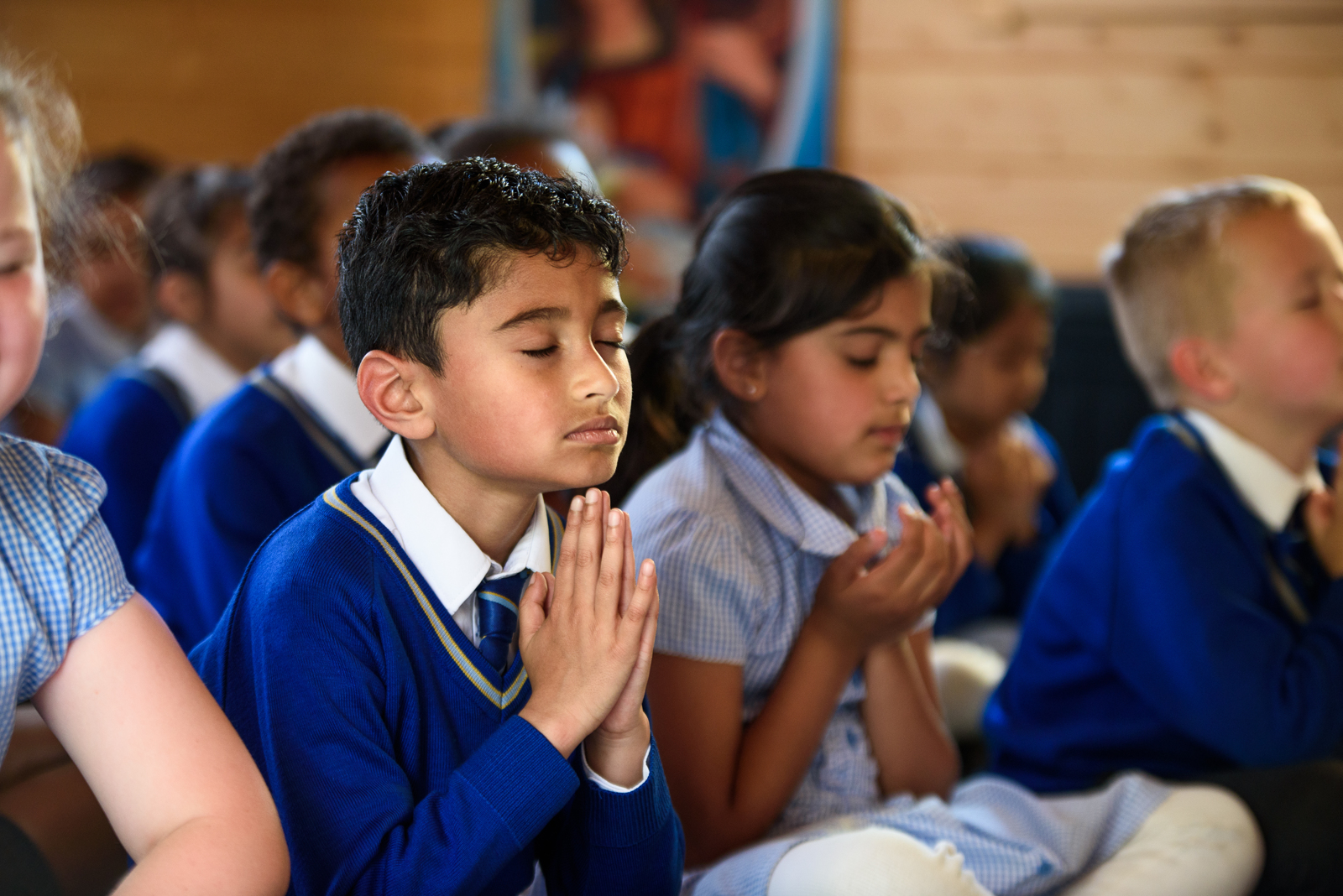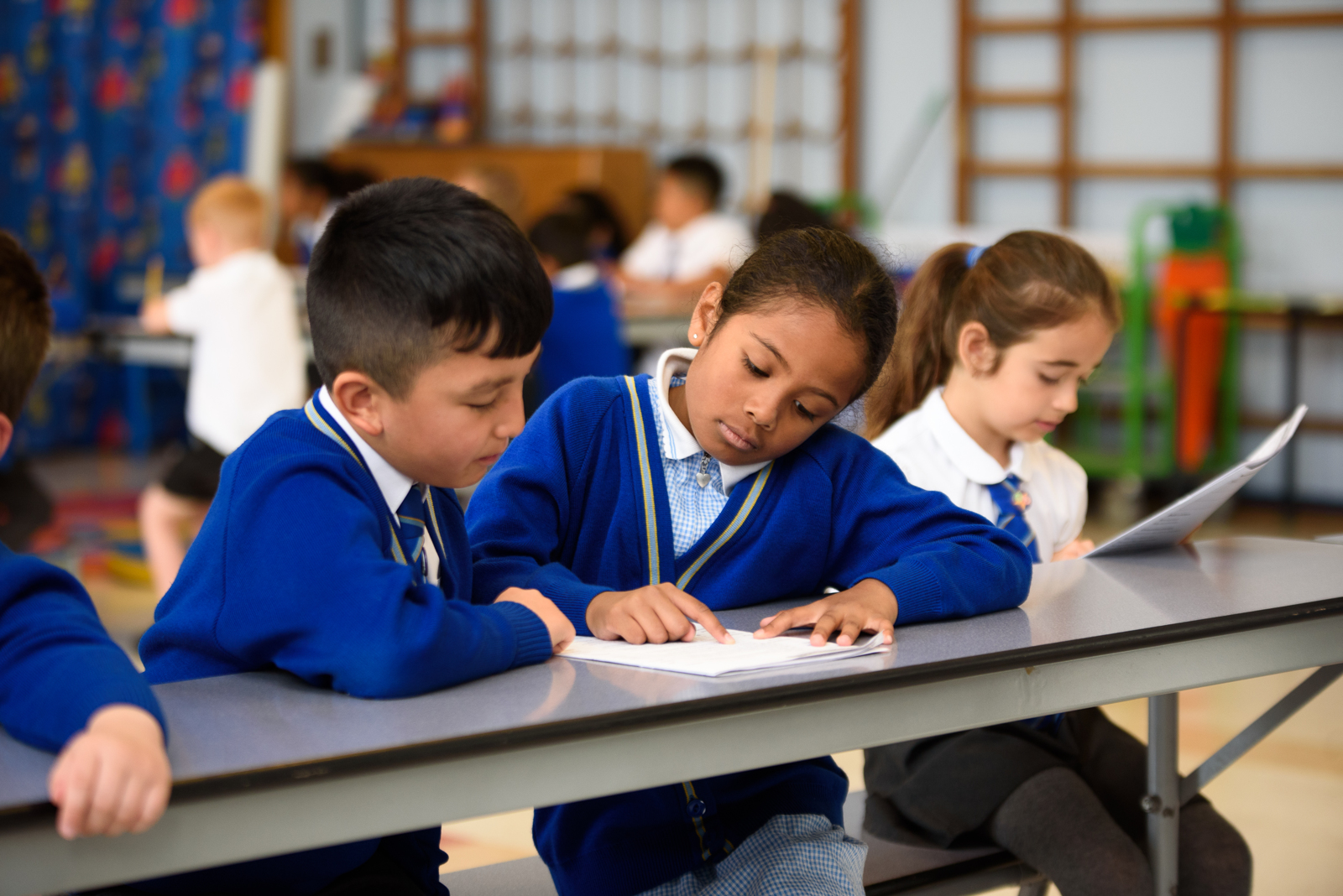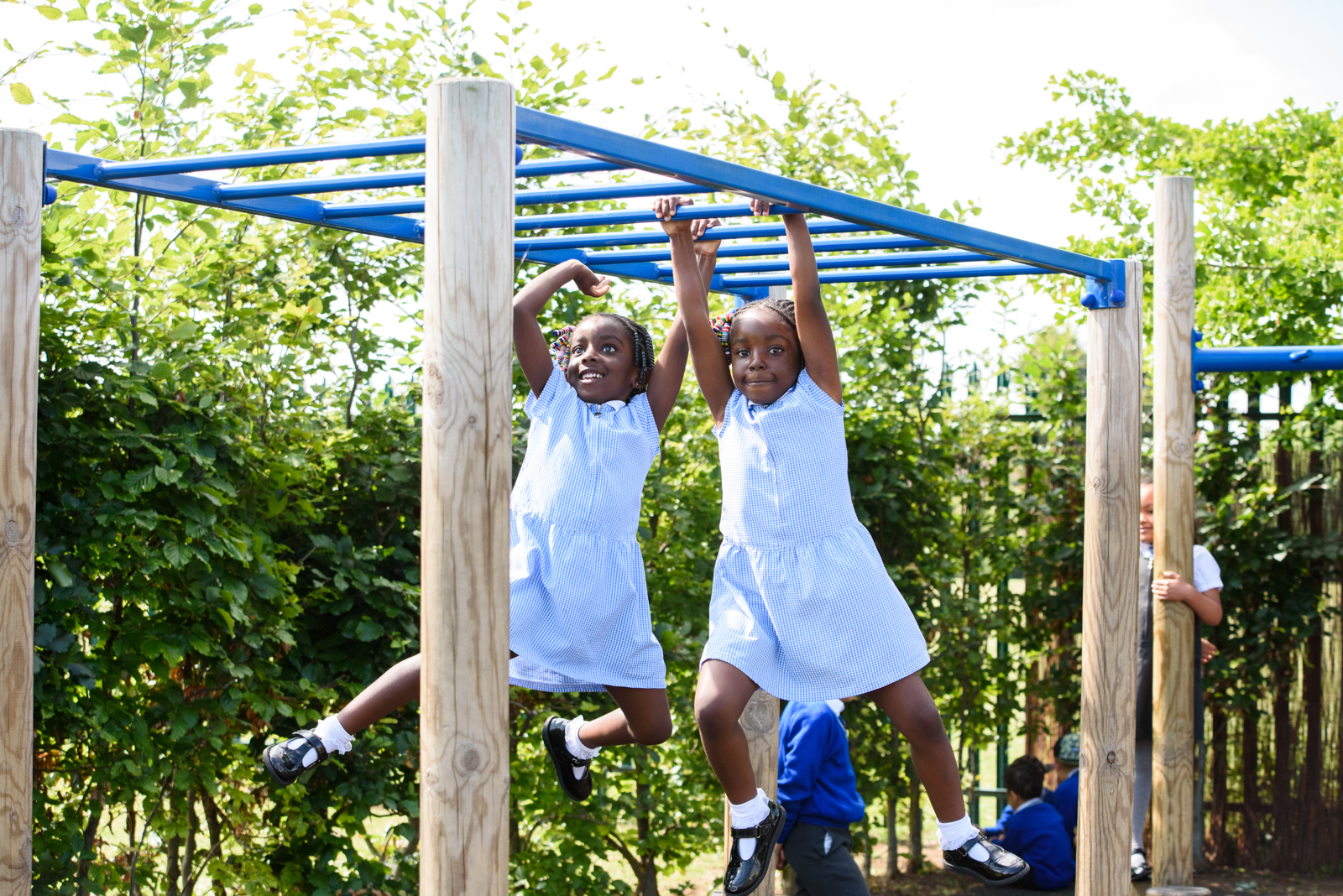Safeguarding
Safeguarding and promoting the welfare of children is everyone's responsibility.
Our Designated Safeguarding Lead is: Mr Claxton - Headteacher
Our Deputy Designated Safeguarding Leads are: Mrs Dickson - Deputy Headteacher, Mrs Harvey - Safeguarding and Family Engagement (SaFE) Officer and Miss Philby - Assistant Headteacher.
We take our safeguarding responsibilities very seriously indeed; should you have any concerns about the welfare of any child/ren at our school, no matter how small, then you should contact us using the school number 01733 566005.
St Thomas More Catholic Primary School fully recognises the responsibility it has under section 175 of the Education Act 2002 and the Education and Training (Welfare of Children) Act, 2021 to have arrangements in place to safeguard and promote the welfare of children.
We will endeavour to provide a safe and welcoming environment where children are respected and valued.
The school will therefore be alert to signs of abuse and neglect and will follow the Cambridgeshire and Peterborough Safeguarding Children Partnership Board’s procedures to ensure that children receive appropriate and effective support and protection.
Parents/carers should know that the law requires all school staff to pass on information which gives rise to a concern about a child’s welfare, including risk from neglect, physical, emotional or sexual abuse. Parents/carers should know that records of safeguarding concerns may be kept about their child. They should be informed that school staff will seek, in general, to discuss any concerns with them including referrals to other agencies.
Local procedures state that “Consent should always be sought from an adult with parental responsibility for the child/young person before passing information about them to Children’s Social Care, unless seeking consent would place the child at risk of significant harm or may lead to the loss of evidence for example destroying evidence of a crime or influencing a child about a disclosure made.” This includes allowing them to share information without consent, if it is not possible to gain consent, if it cannot be reasonably expected that a professional gains consent, or if to gain consent would place a child at risk.
Where there is a need to share special category personal data, the Data Protection Act 2018 contains ‘safeguarding of children and individuals at risk’ as a processing condition that allows professionals to share information.
In accordance with legislation and local Information Sharing protocols, we will ensure that information is shared securely and sensitively. Information will only be shared with other services where it is deemed necessary and proportionate to ensure that children and young people are safe and receive the right service. In all circumstances, the safety of the child will be the paramount concern.
Schools will contact Children’s Social Care when they have reasonable cause to suspect a child may be suffering or likely to suffer significant harm. Occasionally, concerns are passed on which are later shown to be unfounded. Parents/carers will appreciate that the member of staff in the school with responsibility for child protection (known as the Designated Safeguarding Lead or Deputy Designated Safeguarding Lead) was carrying out their responsibilities in accordance with the law and acting in the best interests of all children.
Under Section 3 (5) of the Children Act 1989, any person who has care of a child “may….do what is reasonable in all the circumstances of the case for the purpose of safeguarding promoting the child’s welfare”. This means that on rare occasions, a school may need to “hold” a child in school whilst Social Care and the Police investigate any concerns further.
Prevent Strategy
The police, Local Authorities, and our partner organisations are working together to help strengthen and empower our communities to reject those who want to cause harm. We work together and focus on three key themes:
- Safeguarding vulnerable individuals through the provision of advice and support and intervention projects.
- Working closely with institutions such as Universities, Schools, Prisons, Health, Charities and faith establishments.
- Challenging terrorist ideology by working closely with other local and national agencies, partners and our communities
Prevent Team
The Prevent Engagement Team of officers and police staff aim to encourage discussion ensuring that terrorism is prevented from taking root in our communities. They support the wider engagement activities already taking place in schools, places of worship and community groups.
Through this work they aim to strengthen communities in order to challenge the ideologies and messages of hate which lead to terrorism.
A website has been launched by the government - Educate Against Hate - which provides practical advice for parents, teachers and school leaders on how to protect children against extremism and radicalisation, and where to go for further support.
http://educateagainsthate.com
The NSPCC have lots of useful information about keeping children safe and to help parents support their child.
https://learning.nspcc.org.uk/research-resources/leaflets/positive-parenting/
Stay safe online
Net Aware is a very helpful website for parents/carers, with lots of information to help you to keep your child safe online.
CBBC Stay Safe:- https://www.bbc.co.uk/cbbc/search?q=stay+safe&page=1
Do you know how to stay safe online?
Dongle the rabbit will teach you all he knows with his video and quiz.
McGruff is a Crime Dog - world famous for his advice on how to stop crime before it happens, and for his great sense of humour! Some of his work involves teaching children how to stay safe online. Check out the different areas of the site – there’s so much to learn!
Test your knowledge of internet safety with this quiz from CBBC Newsround.
There’s also further information if you’re not sure on anything.
Safe Kids Quiz :- https://www.safekids.com/quiz/q1.htm
The Online Safety Quiz is your chance to show that you know how to be a safe Internet surfer. Answer each question and, when you get it right, you'll go to the next question.
Sid’s Online Safety Guide:- https://www.ipl.org/sids-online-safety-guide
Become an internet safety expert with Bizzi Sid by collecting codes and playing cool games.
Think You Know:- https://www.thinkuknow.co.uk/
The “Thinkuknow” website is brought to you by the Child Exploitation and Online Protection (CEOP) centre. You may have seen some of their video clips on National TV recently.
There’s a lot of information here for both children and adults – parents even have their own area of the site!
Teachers have the chance to train from the professionals and then deliver suitable training in schools.
Childnet international is a non-profit organisation working with others to "help make the Internet a great and safe place for children".

